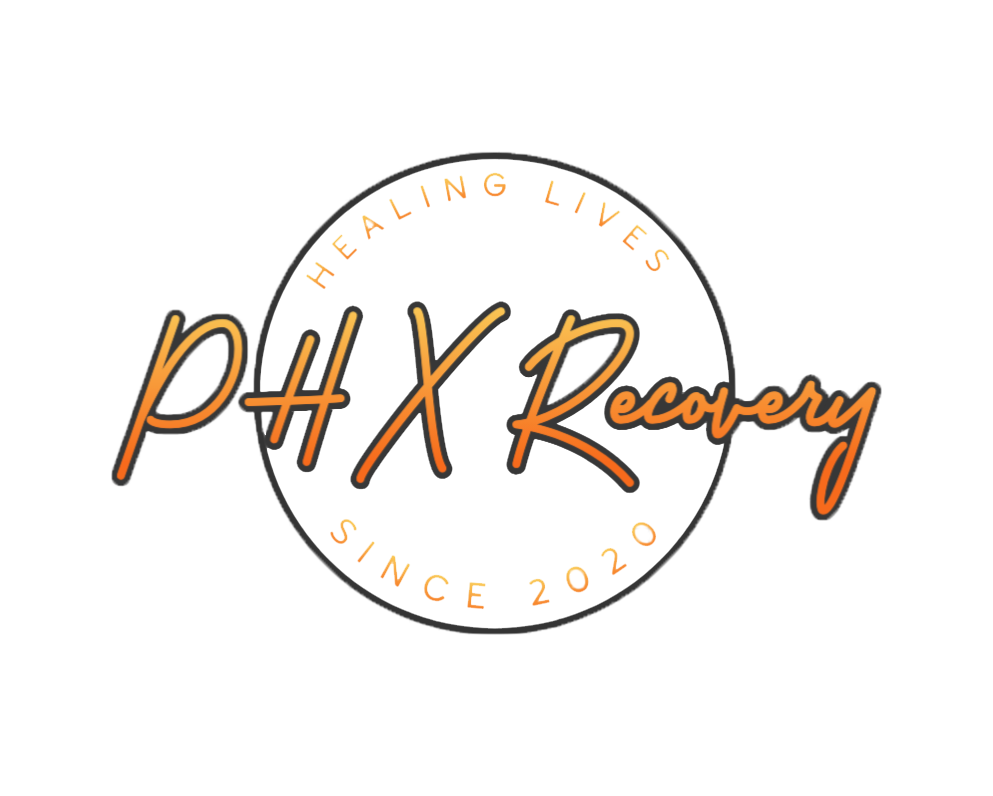What is Residential Treatment
Residential treatment is a comprehensive, live-in health care service designed for individuals who require a structured and supportive environment to address their mental health or substance abuse issues. This type of treatment provides patients with round-the-clock care in a non-hospital setting, where they can receive intensive therapy and counseling. The goal of residential treatment is not only to treat the immediate symptoms but also to equip individuals with the skills and strategies they need to manage their conditions and reintegrate into society successfully. Through a combination of individual therapy, group sessions, medical supervision, and sometimes even holistic approaches, this immersive environment fosters healing and growth. Patients are able to focus entirely on their recovery, away from the distractions and triggers of their everyday life, which makes residential treatment an effective option for those in need of deep, transformative healing.
How Residential Treatment Helps Substance Use Title
Residential treatment offers an immersive, supportive environment that is crucial for individuals struggling with substance use disorders. This type of program provides a structured setting where patients can focus entirely on their recovery, away from the distractions and triggers of their daily lives. In these facilities, individuals have access to 24/7 medical care and support, ensuring safety during detoxification and throughout the recovery process.
One of the key benefits of residential treatment is the comprehensive approach to care. Patients receive a blend of individual therapy, group sessions, and possibly family counseling, which addresses not just the physical aspects of addiction but also the psychological and social factors contributing to substance use. This holistic approach helps in identifying underlying issues such as trauma or mental health conditions that might be fueling the addiction.
Moreover, living in a community of peers who are going through similar struggles fosters a sense of belonging and understanding that can be incredibly empowering. It creates an environment where individuals can openly share their experiences and challenges without fear of judgment, learning from each other’s journeys. This peer support system plays a vital role in building resilience and promoting long-term sobriety.
How Residential Treatment Helps Mental Health
Residential treatment offers a comprehensive approach to mental health care that is often more intensive and supportive than outpatient services. By providing a structured environment, residential treatment allows individuals to focus solely on their recovery without the distractions and triggers of daily life. This immersive experience is crucial for those dealing with severe or complex mental health issues, as it ensures continuous support from a team of multidisciplinary professionals.
In such a setting, residents benefit from a tailored treatment plan that addresses not only the symptoms but also the root causes of their conditions. Therapies may include individual counseling, group therapy, medication management, and holistic approaches like mindfulness and exercise, all designed to promote healing in every aspect of an individual’s life. Moreover, living in a community with others who are facing similar challenges fosters a sense of belonging and support that is vital for emotional well-being.
FAQ
We've compiled a list of frequently asked questions to provide clarity on the experience and alleviate any remaining fears or anxieties you might have.
A typical day in addiction rehab involves a structured and supportive environment aimed at promoting physical, mental, and emotional healing. Residents typically wake up early for a healthy breakfast before starting their daily schedule of therapy sessions, group activities, and workshops that address the root causes of their addiction. These may include individual counseling, group therapy, family therapy, exercise classes, educational lectures, and recreational activities. The day is also filled with nutritious meals, breaks for reflection and relaxation, and time for personal reflection through journaling or meditation. In the evening, there may be peer support meetings or 12-step programs to participate in before turning in for the night. Each day at our facilities is carefully planned to provide a well-rounded approach to recovery and help individuals establish healthy habits and coping mechanisms.
Typically, a detox period lasts around five days, though it can span from three to 10 days. The duration of detox is individualized, influenced by factors like the substances used, amounts consumed, duration of use, frequency, and method of administration. These factors collectively determine the necessary length of stay for you or your loved one.
Upon entering addiction treatment, there are certain items that are allowed and encouraged to bring for your comfort and well-being. These may include comfortable and appropriate clothing, personal hygiene products, prescription medications (with proper documentation), and journals or books for personal reflection. However, there are also items that are not allowed in addiction treatment facilities. These typically include any substances, such as drugs or alcohol, as well as weapons and anything that may be considered a distraction from the recovery process. Checking with the facility we've chosen in advance for a detailed list of permitted and banned items is crucial to ensure a seamless transition into treatment.
With Drug Abuse and Addiction, we understand that addiction is often closely tied to mental health issues. That's why our centers for drug abuse and addiction also prioritize addressing underlying mental health concerns. Our team of professionals is equipped to provide support and treatment for a variety of mental health disorders, such as depression, anxiety, PTSD, and more. We believe in a holistic approach to recovery, and this includes addressing both physical and mental health needs. Our admissions team is dedicated to finding the right facility that can offer comprehensive care for all your needs, ensuring a successful recovery journey. We are here to support you every step of the way towards lasting sobriety and improved mental well-being.
Our admissions team at Drug Abuse and Addiction is dedicated to helping you discover the ideal treatment center for your requirements. Selecting a rehab center can be daunting, which is why our team is here. We are committed to assisting you in navigating the process and locating the perfect center for you or your loved one. Comprised of caring and knowledgeable professionals, our admissions team comprehends the intricacies of addiction and the significance of selecting the appropriate treatment. We consider your unique needs, preferences, and any co-occurring conditions to match you with a facility that provides tailored care. You do not have to face this alone – our admissions team is committed to aiding you at every stage toward a successful recovery.
Watching a loved one struggle with addiction can be heartbreaking and overwhelming. You may feel helpless and unsure of how to help them. The first step towards getting your loved one the help they need is to have an open and honest conversation with them about their addiction. Express your concern and offer your support, but also set boundaries and encourage them to seek professional help. It may also be helpful to research treatment options with our team and have resources readily available for your loved one.
Remember to remain patient, understanding, and supportive throughout this process – recovery is a journey and it will take time. With the right approach and support, you can help your loved one find the path to a healthier and happier life free from addiction. So don't hesitate to reach out for guidance and support from our team at Drug Abuse and Addiction. We are here to help you and your loved one every step of the way towards recovery.
No matter how dedicated you are to your recovery journey or how determined you are to maintain sobriety for life, there's a possibility of relapse at some stage. Statistics from the National Institute on Drug Abuse indicate relapse rates during recovery range from 40% to 60%. Post-relapse, it's common to feel shame or remorse. You might even contemplate surrendering to addiction rather than persevering to combat the urge to use. While these feelings are normal, they can pose obstacles to achieving a drug-free life. Instead, view a relapse as a learning opportunity; refine your relapse prevention strategy and identify triggers. By delving into the underlying reasons for the relapse, you'll establish a foundation for a recovery that ensures you come back even stronger.
The initial step involves assessing whether revisiting rehab is necessary. If it was an isolated occurrence and you're dedicated to evaluating or adjusting your recovery plan, returning to an inpatient facility may not be essential. This setting provides the patient with hands-on care and ongoing monitoring. However, falling back into a persistent pattern of substance misuse may indicate the need for reentry into a structured treatment regimen. If conversations about substance use arise, socializing with individuals who encourage drinking, or using substances as a coping mechanism resurface, it signals a more significant issue requiring prompt intervention.
Upon reentering treatment post-relapse, the primary focus should be on reintegrating into daily life. Opting for a sober living environment for a few months post-treatment could be the most effective means to prevent relapse, as accountability and structure aid during the initial vulnerable phase. Additionally, having an outpatient therapy plan in place for ongoing support post-rehab is beneficial.
How to get started
We strive to make our services as accessible and affordable as possible. We are proud to say that we accept most major insurance plans, allowing you to utilize your mental health benefits and receive quality care without breaking the bank.
Verify Benefits
CONSULTATION
Schedule a FREE 30 minute CONSULTATION where you can have a chance to meet with a counselor to find out your treatment needs and tour our facility.

EVALUATION
Schedule and complete a drug & alcohol EVALUATION to determine your level of care and appropriate treatment placement.

INTAKE
Schedule an INTAKE appointment once you have received the results from your assessment and begin your treatment program.

Verify Your Insurance With Us
Freeing yourself from Addiction doesn't have to be hard. Take the first Step and begin filling out the form, it's the initial phase in achieving a healthy recovery. We offer the necessary guidance and professional care crucial during the early treatment stages.














